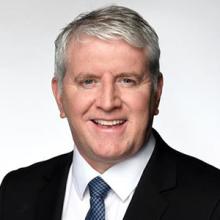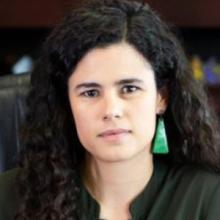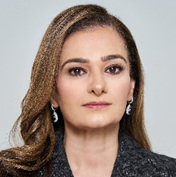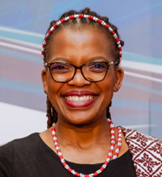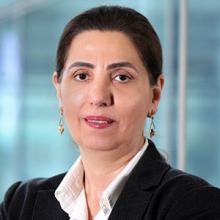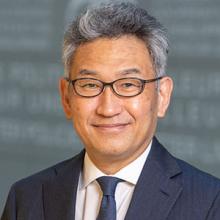

The World of Work Summit 2023: Social Justice for All is a high-level forum for global voices to address the need for increased, coordinated and coherent action in support of social justice. It will provide an opportunity to discuss and inform the proposal to forge a Global Coalition for Social Justice, which was welcomed by the Governing Body of the International Labour Office at its 347th Session (March 2023).
The 2-day Summit will highlight the key role of social justice in creating a more sustainable and equitable world and will discuss strategies for increased and better-aligned joint action to advance social justice and ensure policy coherence. It will provide a forum for participants to share their vision of, and priorities for, social justice and to showcase the actions they are taking and they commit to take to advance social justice. It is expected that the outcomes of the Summit will inform discussions in other multilateral forums of the centrality of and strategies to achieve greater social justice, such as, in 2023, the Sustainable Development Goals Summit, the G20 and the summits of the BRICS countries.
The Summit features:
- Addresses by Heads of State and Government, the Secretary-General of the United Nations, the ILO Director-General and high-level representatives of employers’ and workers’ organizations.
- Four panel discussions with high-level representatives of governments and employers’ and workers’ organizations, UN entities and other international organizations to leverage capacities and improve coordination and policy coherence to increase the scale and impact of actions towards social justice across the multilateral system and beyond.
Interpretation will be provided in English, French, Spanish, German, Chinese, Russian, Arabic and international sign language.
Addresses by Heads of State - Panel on Fostering equal opportunities and full, freely chosen and productive employment for all through education, lifelong learning and skills development
Key moments
 Matamela Cyril Ramaphosa
Matamela Cyril Ramaphosa George W. Vella
George W. Vella Faustin Archange Touadera
Faustin Archange Touadera Sheikh Hasina
Sheikh Hasina Panel on Fostering equal opportunities and full, freely chosen and productive employment for all through education, lifelong learning and skills development
Panel on Fostering equal opportunities and full, freely chosen and productive employment for all through education, lifelong learning and skills developmentAddresses by Heads of State or Government
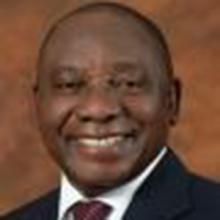

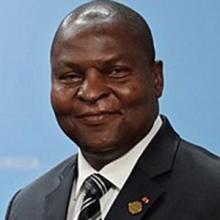
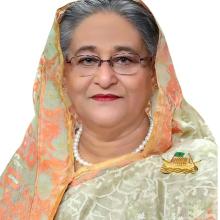

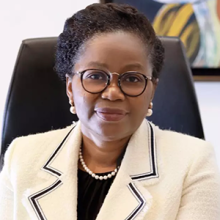
Panel: Fostering equal opportunities and full, freely chosen and productive employment for all through education, lifelong learning and skills development
